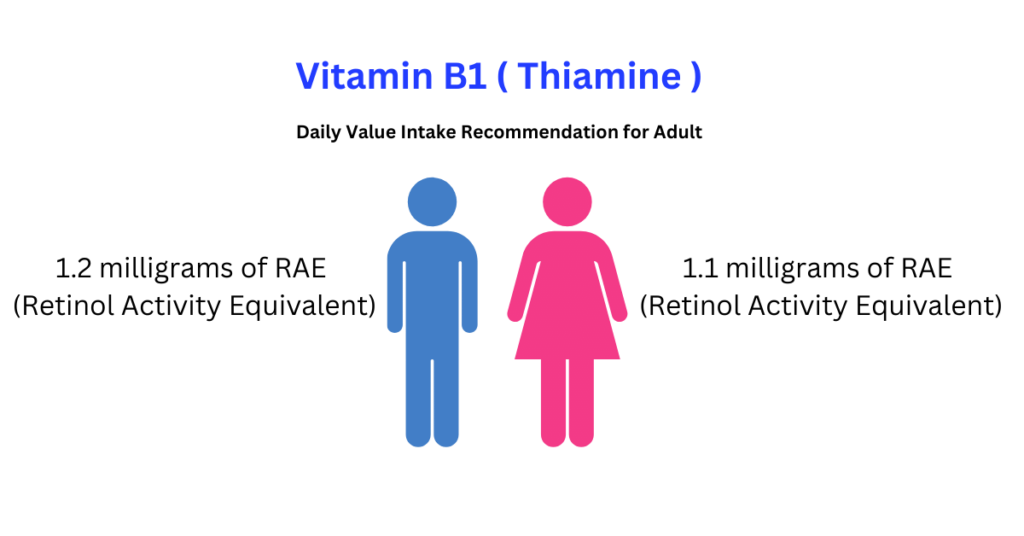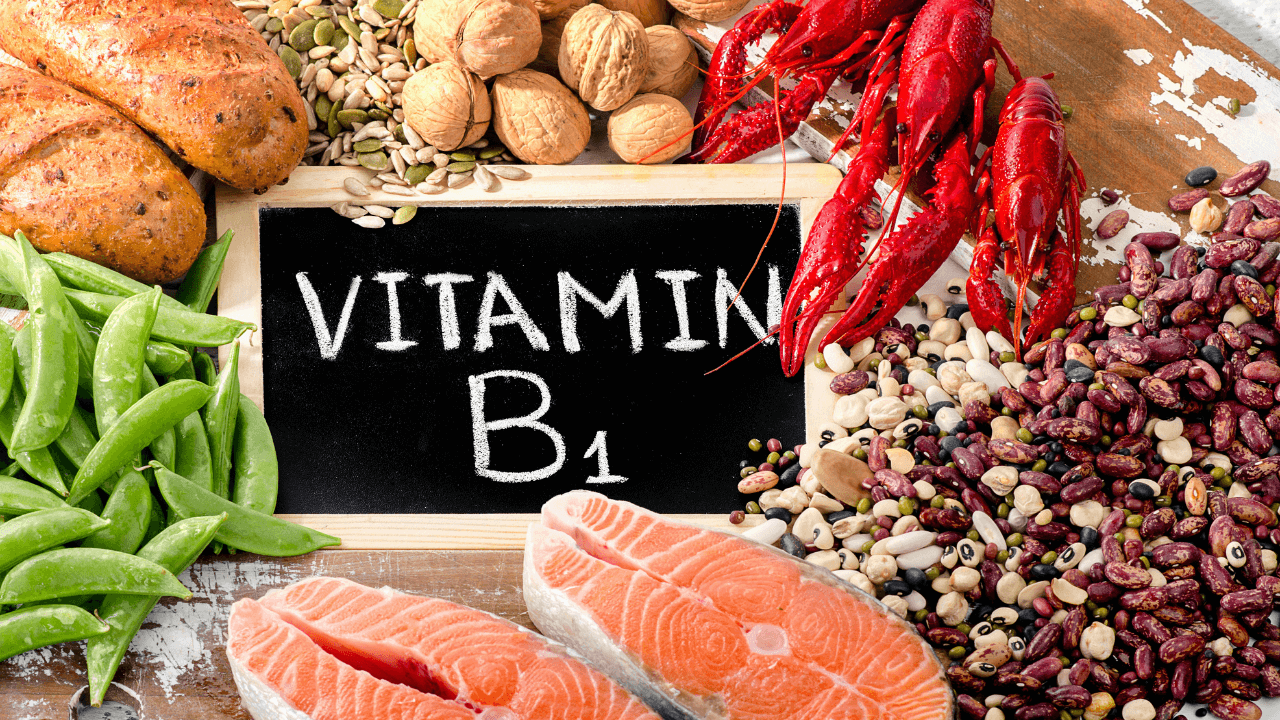Embarking on a journey toward optimal health often leads us to the discovery of vital nutrients and their immense benefits. Vitamin B1, also recognized as thiamine, is one such powerhouse that plays a pivotal role in our body’s energy metabolism and nerve function. Understanding the benefits of vitamin B1 and incorporating foods containing vitamin B1 into your daily diet can be transformative for your overall well-being.
The Essential Role of Vitamin B1 (Thiamine) in Your Diet
Vitamin B1, essential for converting nutrients into energy, is a nutrient that your body cannot afford to lack. It’s crucial for maintaining nerve integrity and ensuring that your body’s cells are energized and functioning correctly. To reap the vitamin B1 benefits, you must meet the recommended daily intake, which varies by age, gender, and overall health.

Top Food Sources of Vitamin B1 for Optimal Health
A diverse array of vitamin B1 foods sits ready to be included in your meal plans. Here’s a list of the top 10 foods containing vitamin B1 and their respective thiamine measurements to help you meet your nutritional goals:
- Whole grain bread (1 slice): Approximately 0.1 milligrams
- Pork chop (3 ounces): Approximately 0.4 milligrams
- Sunflower seeds (1 ounce): Approximately 0.2 milligrams
- Black beans (1/2 cup, cooked): Approximately 0.2 milligrams
- Green peas (1/2 cup, cooked): Approximately 0.2 milligrams
- Spinach (1/2 cup, cooked): Approximately 0.1 milligrams
- Orange (1 medium): Approximately 0.1 milligrams
- Acorn squash (1/2 cup, cooked): Approximately 0.1 milligrams
- Lentils (1/2 cup, cooked): Approximately 0.1 milligrams
- Nuts (such as almonds or pecans) (1 ounce): Approximately 0.2 milligrams
Including these foods in your diet helps meet your daily thiamine requirements.
Recognizing and Addressing Vitamin B1 Deficiency
Vitamin B1 deficiency, while rare, can lead to beriberi, a condition marked by fatigue, weakness, muscle pain, and neurological symptoms. Should you notice these signs or find yourself at risk due to lifestyle factors such as chronic alcoholism, consulting a healthcare provider for potential thiamine supplements is advisable.
Beriberi is rare in developed countries but can occur in cases of severe malnutrition or chronic alcoholism.
Maximizing Vitamin B1 Absorption: Interactions to Consider
The absorption of vitamin B1 can be compromised by certain medications. If you’re taking diuretics or antacids, it’s wise to discuss with your healthcare provider how they may impact your thiamine levels.
Conclusion
vitamin B1 is a nutrient of immense importance, and integrating foods rich in vitamin B1 into your diet is a straightforward way to ensure you’re supporting your body’s energy and neurological health. Whether through natural food sources or supplements, prioritizing vitamin B1 intake is a step toward fortified health and vitality.






